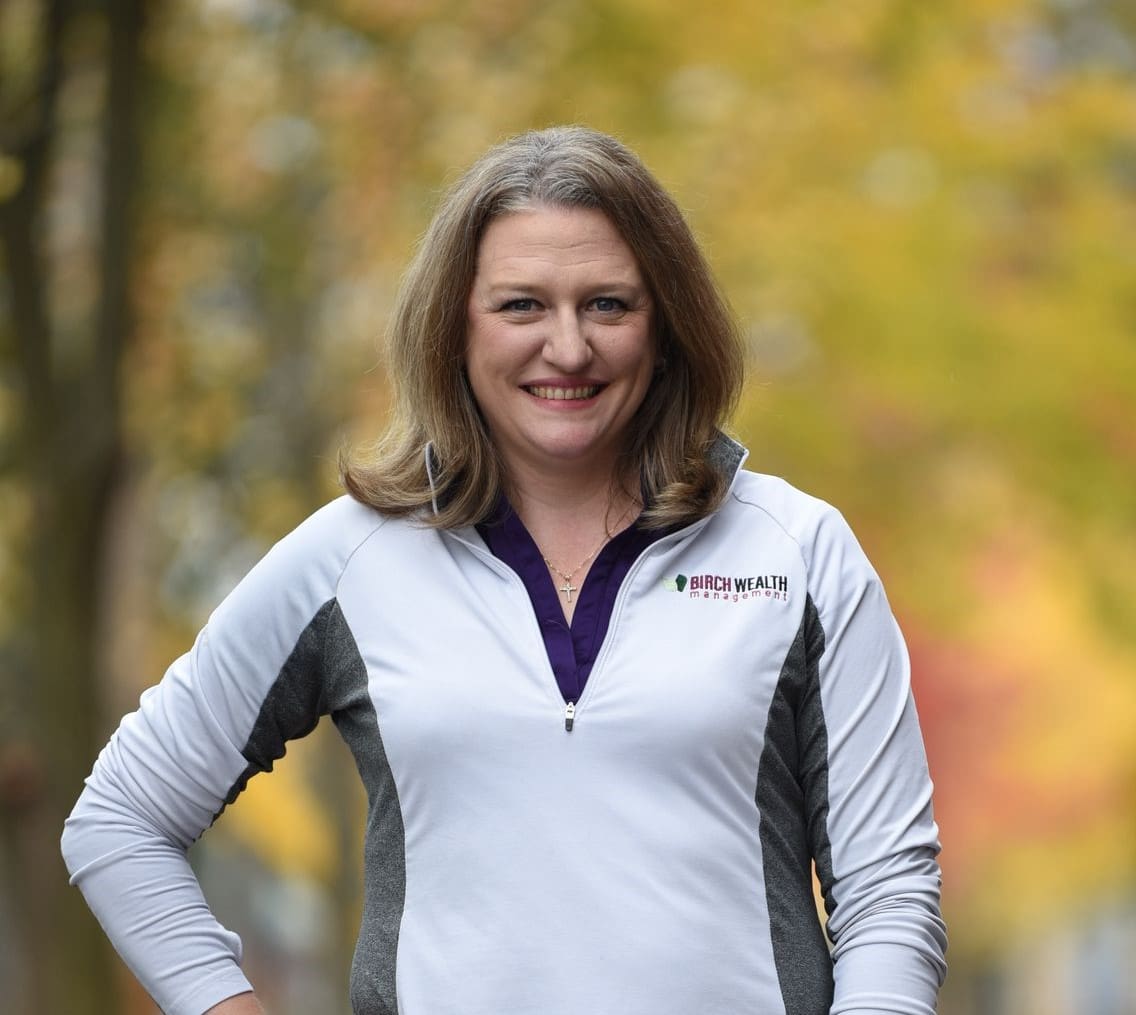By Norah Machia
A simple but powerful message can be learned from the zero waste programs at the SUNY College of Environmental Science and Forestry: recycling is a good thing, but waste reduction is even better.
“It’s more important that we reduce from the start,” said Sue Fassler, Director of Sustainable Operations for SUNY ESF. “We need to look at how we can stop throwing so many things away.”
Fassler, 32, leads the college’s zero waste and circularity programs, which have a goal of recycling or composting 90 percent of waste generated on the campus by 2025, along with reducing the amount of that generated waste material by 90 percent the same year.
In her position, Fassler also supervises all operations of the grounds and custodial division, ranging from equipment preventative maintenance to selecting cleaning chemicals. She oversees more than 30 employees, supervises sustainability staff and students, and provides high level management of the Office of Sustainability’s education and engagement efforts.
Fassler began her employment at SUNY ESF in March of 2019 after working as the Save the Rain project coordinator for Onondaga County. A year later, the COVID-19 pandemic hit. She found herself working quickly to help put a new system of campus rules in place.
“It was a very uncertain time,” said Fassler, who is a graduate of the college. “But SUNY has good leadership and brought the facilities together to work across campus and not duplicate efforts in developing our COVID-19 protocols.”
ESF’s zero waste programs go far beyond an initial campus ban on plastic eating utensils and Styrofoam containers. They also focus on construction materials, packaging and any items “that can be repaired or taken back,” she said.
As part of the zero waste effort, special collection sites were established on campus for people to drop off used ink and toner, batteries, old power cords, keyboards, computers, and other electronic items. There are opportunities to compost rather than throw out food scraps in every building, and while an assortment of beverages are for sale in vending machines, they only come in aluminum cans and glass bottles.
The campus features LEED certified buildings, some with rooftop gardens (also called green roofs), and a parking lot that was paved with a porous, flexible material made from recycled tires.
A multitude of side-by-side trash, recycling and compost bins have been placed throughout the campus. Large waste baskets in the offices and gas-powered lawn equipment are a thing of the past.
The smaller efforts are just as important as the larger ones in helping to reduce campus waste, Fassler said. For example, replacing larger waste baskets with smaller ones that do not have plastic liners “makes people think twice about what they are throwing away,” she said.
For those driving hybrid or fully electric vehicles, SUNY ESF offers several charging stations for the campus community, along with eight additional ports for public use (in Parking Lot P-22), a project that was partially supported by National Grid funding.
The SUNY ESF grounds and custodial employees have played a key role in the college’s zero waste programs.
“They manage all the materials the campus discards, and that ties in strongly to sustainability and zero waste,” Fassler said. “It’s been critical to have them onboard and be excited about helping to create these sustainability programs.”
The ESF zero waste programs have become a model for other SUNY campuses throughout the state, said Fassler, who is also co-chair of the United University Profession’s statewide environmental issues and advocacy committee.
This past spring, she traveled to Albany with several other union officials to urge Gov. Kathy Hochul and state leaders to approve legislative initiatives that would help SUNY campuses statewide lower energy use, limit pollution and carbon gasses, and significantly reduce waste as part of a larger effort toward a greener economy.

Efforts are currently underway to secure additional co-sponsors for the bills when the state legislature reconvenes after summer break.
Specific goals include requiring SUNY to hire a systemwide leadership level sustainability staff member and develop a plan for all campuses to achieve zero waste by 2030. Other bills call for the development of a “green revolving fund” to finance campus sustainability projects.
Another key proposal is legislation that would help keep surplus SUNY property out of the landfills. “This directly ties into zero waste,” she said. “A lot of surplus property gets landfilled, and we need to figure out how to reuse it. Zero waste goals should be set on every campus because it’s as important as other climate change initiatives.”
An outdoor enthusiast with a passion for land conservation, Fassler and her husband purchased a house in the Tug Hill region of Oswego County just across the street from her childhood home. The area is remote and quiet, and she prefers it that way.
“I love the feeling of walking barefoot in the grass outside my house and not being surround by a lot of people and noise,” she said. “It allows me to slow down. And I love being outside.”
Her parents own approximately 1,100 acres of land, and the majority is protected from outside development by a conservation easement with the Tug Hill Tomorrow Land Trust.
It was a natural fit for her to join the nonprofit land trust’s board of directors in 2021, because “land conservation is close to home for me, and the mission of the land trust really aligns with my values,” Fassler said.
“Growing up, my parents always told us to read books, get outside and explore,” she said. “Although I grew up here, I didn’t realize how extensive the Tug Hill region was until I joined the land trust board of directors.”
Regardless of where you live, there are many steps people can take to reduce waste in their homes and offices, according to Fassler. She recommends starting with “auditing your waste” to determine what you are throwing away and if any of the items can be purchased in a reusable form.
For example, a stainless-steel razor that would last a lifetime could be swapped for disposable plastic razors. If you are going out to eat, bring your own reusable containers from home for any leftovers. Consider buying at thrift stores or borrowing clothes, rather than purchasing new ones.
“A lot of people recycle, and that’s very important,” she said. “But people can also make a big difference by focusing on waste reduction as well.”
And don’t forget the waste basket trick, she added. “If you have a smaller waste basket with no liner, you’re more likely to compost rather than putting food in there.”
Since the summer of 2019, SUNY ESF has sent its compost to the Onondaga County Resource Recovery Agency (OCRRA). The organization offers drop off services for recycling, garbage disposal and household toxic items, and serves both businesses and residents.
Yard and food scraps are accepted at OCRRA’s compost sites for conversion into nutrient-rich compost, which is then sold to the public. Mulch is also available for sale.
There are options to dispose of items such as appliances with refrigerants, mattresses, microwaves and passenger tires. For specific fees, locations, and hours, visit www.OCRRA.org.






You must be logged in to post a comment.